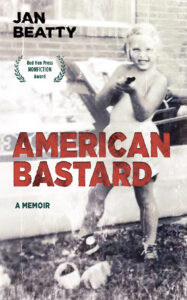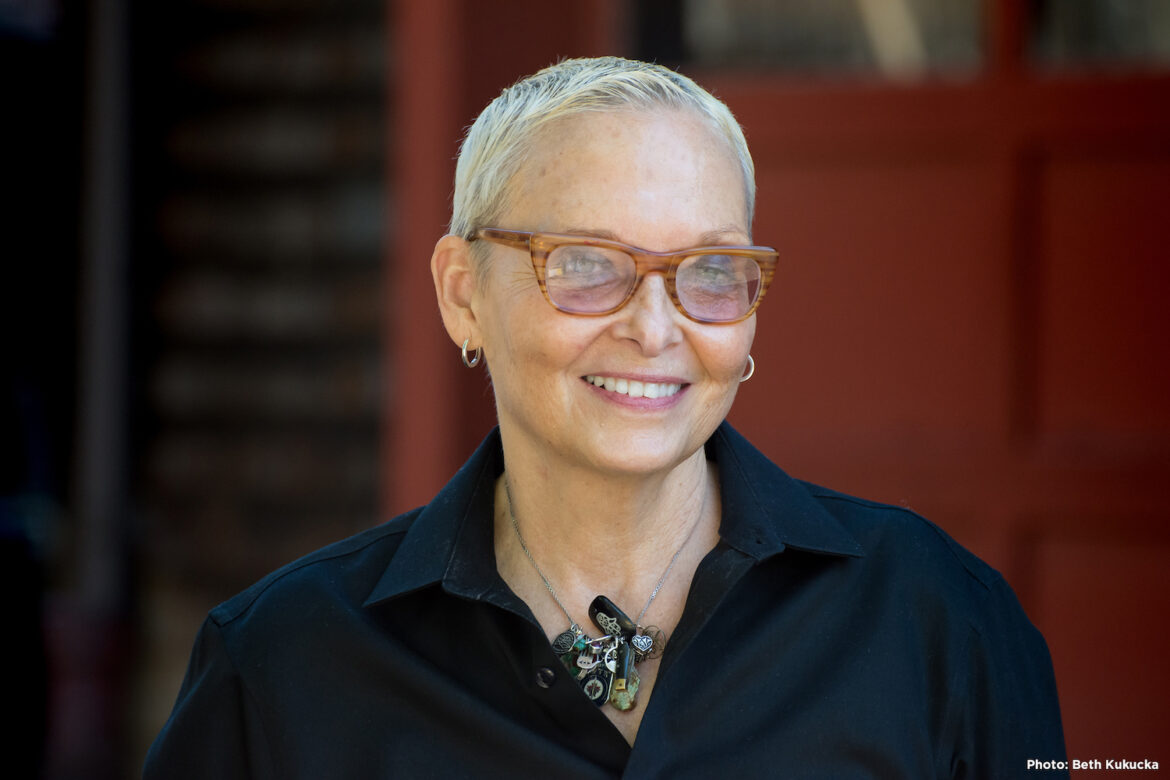
Jan Beatty’s American Bastard, winner of the 2019 Red Hen Nonfiction Award, is a blistering, take no prisoners account of adoption that may leave non-adoptees astonished and many adoptees shaking their heads in recognition.
A domestic adoptee from the Baby Scoop Era, Beatty was born in the Roselia Asylum and Maternity Hospital in Pittsburgh, adopted into a working-class family, and told when she was young that she’d been adopted. She writes about the emotional life of an adopted child—the longing, yearning, the feeling of erasure and brokenness—and her fractured encounters with the birth parents she discovered after years battling the bureaucratic gatekeepers of adoption information.
Beatty’s lyrical prose sparks like a live wire. For anyone taken from a parent, her words will resonate, at times landing like a punch to the gut and other times like a balm. Adoptees will feel seen, and those who were not adopted may see adoptees for the first time after reading the memoir.
American Bastard punctures the rose-colored vision of adoption that poses the practice as a strategy for social betterment. In its place she offers the reality: “I had assembled huge walls of protection over the years as a way to stay alive. An adoptee needs to have a strategy from a young age, whether conscious or not—a way to manage this hole of abandonment, loss, and grief. It’s too much for a child to handle. The loss of identity, the complete erasure of history, the floating in the world without a name. The original loss of being taken from the mother at birth, and then the adoptive parents pretending that they are your parents. The primary lifelong trauma.”
Beatty blasts away the whitewashed fantasy that casts adopters as saviors and children as rescued. She offers an unflinching picture of the damage adoption can inflict, the lifelong pain of abandonment it leaves in its wake, the lies and the effacement of identity. She shatters the myths from the very first page, slaying every erroneous belief held by those who think they know what adoption is. “Maybe you are saying, ‘I’ve felt that way—I always thought I was adopted.’ Please, let me stop you. You weren’t.” She disintegrates argument after argument, makes sawdust of all the well-meaning responses adoptees hear all their lives, like those from people who think they understand because their mothers died when they were young. To one after another she says, “Please, let me stop you.” And sets the reader straight. “This is not about measuring sorrow. But this one’s about you—how you can’t seem to imagine, not even for a second, how it might be for someone who doesn’t know who they are—without boomeranging back to your own life. Try it. Try staying with the foreign idea that a baby is born, then sold to another person. Stay with it. There is the physical trauma of the broken bond. There is the erasure of the baby’s entire history. There are these hands that have a different smell, a different DNA—reaching for the baby, calling it theirs. Stay with that for a while. No talking.”
It’s devastating right from the start. And Beatty, in a letter to adopters, offers this brutal assessment—a startling, uncomfortable, and wholly welcome honesty: “What are you thinking? That you could tie it all up with a bow? You’ve erased a baby human to make yourself happy, to fill a hole, to do a good deed—at least own it: it’s for you.”
In no way a traditional memoir, Beatty’s poetic account mixes lyricism, essayistic rambling, fantasy, and stream of consciousness. It drifts back and forth across time and space, circling its subjects, diverting, and circling back. It breaks down, comes apart, and weaves back together. In a structure like no other, it dips and drops readers into the center of scenes and makes them work to get their balance. At times her words seem to dance on a knife’s edge—language that’s painful and raw and beautiful and ugly and insists on every page that you do not look away.
—BKJ


2 comments
Thank you so much for these thoughtful book reviews! They’ve inspired me to buy the books and I’m so glad that I did!
Thank you!